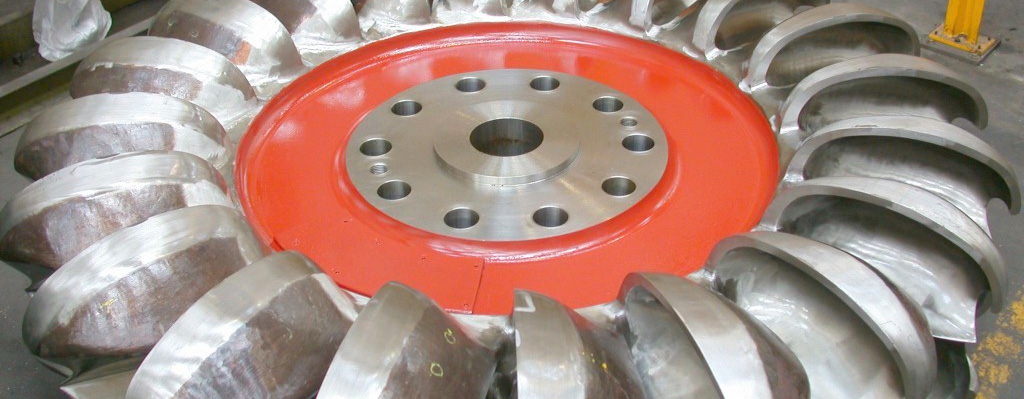Oceans are the Earth's dominant element, covering more than two-thirds of its surface. Throughout the ages the oceans have been, on the one hand, a natural barrier that has separated, and on the other hand the conduit by which some nations have boldly moved driven by the allure of the unknown.
What is certain, however, is that the oceans' extremely inhospitable nature forces humanity to have to depend on “bases” on land for support and sustenance. Over the centuries, sea storms and extreme weather events have destroyed even the largest vessels and ships, just as they now frustrate human attempts to protect coastlines from the onslaught of unsustainable forces of nature.
Opportunity and challenge, security and terror, wealth and destruction: these are the everlasting paradoxes of the planet’s oceans and seas.
Nevertheless, since the second half of the last century oceans have also been definitively recognized as a potential source of thermal energy. Also, since the second half of the 20th century the oceans and their sediments have been fully recognized as a major source of mineral wealth and hydrocarbons to the extent that offshore oil and gas still provide almost one third of the world's energy needs.
In this perspective, the most recent maritime construction activity has focused on the installation of structures to meet the needs of the oil industry due to the enormous economic importance of offshore oil and gas and consequently of developing technology for its exploitation. Resourcefulness and human genius have made these places, albeit subject to extreme and changing conditions, the theatre of great engineering feats, supported by adequate knowledge and simulation tools, as these two articles tell us with some relevant and striking examples in their complexity and magnificence.
Let us allow ourselves to be fascinated, but also guided by a scientific and methodological approach that allows engineers to build worlds on water with precision and safety. The challenges posed by the marine environment must be met with constant research, application, diligence, humility, enthusiasm, and creativity. The right mixture of these elements allows us to achieve the success here defined as the completion of a project that results in the realization of a structure, since we still need people to generate and develop ideas – even in this age when it appears that artificial intelligence might replace people.
When the right teams are assembled to thoroughly understand the scenarios and environments in which any specific offshore design is planned, there is a high probability of identifying or detecting all the critical conditions and related combinations to be considered in order to overcome the challenges.
Read the article - Part 1 Read the article - Part 2
CASE STUDY
EnginSoft developed a Computational Fluid Dynamic (CFD) analysis methodology for the performance evaluation of a Pelton turbine
energy cfd ansys oil-gas